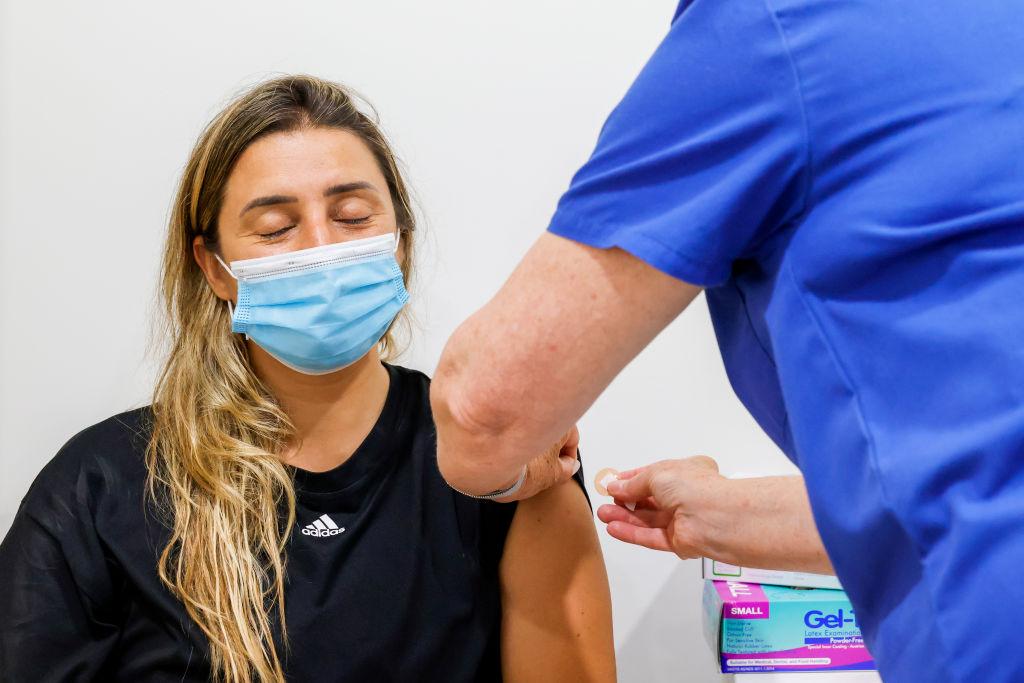The head of Australia’s technical advisory body to the health minister has not ruled out changing the definition of what constitutes being fully vaccinated or “up to date” to four or five jabs.
The chair for the Australian Technical Advisory Group on Immunisation (ATAGI), Nigel Crawford said that his organisation will continue to monitor data from other countries currently administering four doses at a Senate hearing on Feb. 16.





